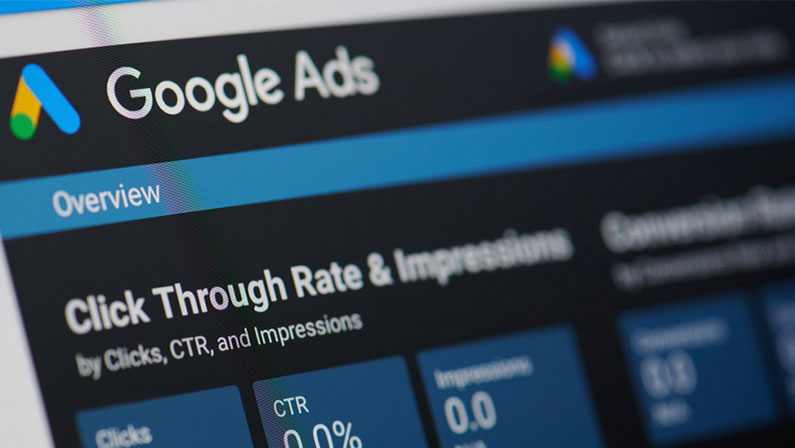In the competitive world of online advertising, achieving success with Google Ads is a top priority for businesses.
The’ Quality Score’ is a crucial metric that can make or break your ad campaigns.
Understanding Google Ads Quality Score is essential for maximizing ad performance and return on investment (ROI).
In this comprehensive guide, we’ll look into the intricacies of Quality Score, demystify its components, and provide actionable strategies to improve your Google ad rank quality score and lower advertising costs.
What is Google Ads Quality Score?
Google Ads Quality Score is a vital metric that Google uses to measure the quality and relevance of your ads about the keywords they target.

It significantly determines where your ads appear on the search engine results page (SERP) and how much you pay for each click. This score ranges from 1 to 10, with ten being the highest and most favorable.
A high Quality Score can lead to better ad positions, lower costs per click (CPC), and ultimately, more successful advertising campaigns.
What Makes Up Your Quality Score Number?
Your Quality Score Google Ads is derived from a combination of factors that evaluate your ads’ overall performance and relevance. These factors are Ad Relevance, Expected Click-Through Rate (CTR), and Landing Page Experience.
Understanding how these components contribute to your Quality Score is essential for optimizing your ad campaigns and achieving better results. Let’s explore these factors in detail:
Ad Relevance
Ad Relevance assesses how closely your ad copy and keywords align with the user’s search intent. Google wants to ensure that users see highly relevant ads to their queries, as this enhances the overall user experience.
When your ad is directly related to the keywords you’ve chosen, it’s more likely to receive a higher Ad Relevance score, which can positively impact your Quality Score and ad performance.
Expected Click-Through Rate (CTR)
The expected CTR predicts the likelihood of users clicking on your ad when it appears for a given keyword. Based on its relevance and other factors, Google uses historical data to estimate how often your ad will be clicked.
A higher expected CTR suggests that your ad will likely perform well, which can boost your Quality Score. It’s crucial to optimize your ad’s content and targeting to increase your expected CTR and improve your Quality Score.
Landing Page Experience
Landing Page Experience evaluates the quality and relevance of the webpage that users are directed to when they click on your ad.
Google wants to ensure that users have a positive experience after clicking on an ad, including factors like page load speed, mobile-friendliness, and content alignment with the ad’s message.
A positive landing page experience can contribute to a higher Quality Score, ensuring users find what they’re looking for and are more likely to engage with your site.
What is a Good Quality Score for Google Ads?
A Good Quality Score for Google Ads typically falls within the range of 7 to 10. A score of 10 is considered excellent and indicates that your ads are highly relevant and well-optimized. At the same time, a score of 7 to 9 is also commendable and can result in favorable ad placements and lower CPC.
However, it’s important to note that what constitutes a “good” Quality Score can vary depending on your industry, competition, and specific campaign goals. Therefore, aiming for a Quality Score that aligns with your advertising objectives and industry benchmarks is crucial.
If you want to know how to check Google ads quality score, you can consult with a digital marketing expert at LeadOrigin to familiarize yourself.
Why Google Ads Quality Score Matters?
A high Google Ads Quality Score is pivotal for the success of your advertising campaigns.

Here are three key reasons why Quality Score matters:
- Improved Ad Positioning: A higher Quality Score can lead to better ad placements on the SERP, ensuring that your ads are more visible to potential customers. This prime real estate can increase CTR and better exposure for your products or services.
- Cost Efficiency: Quality Score directly impacts the CPC you pay for your ads. A higher Quality Score often correlates with lower CPCs, meaning you can achieve your advertising goals while optimizing your budget and maximizing return on investment (ROI).
- Relevance and User Experience: Google places a premium on user experience, and a strong Quality Score reflects the relevance and quality of your ads. This, in turn, enhances the user experience by ensuring that users see ads that align with their search intent, leading to increased user satisfaction and engagement with your business.
How is Visible Quality Score Calculated?
The Visible Quality Score is a real-time representation of your ad’s Quality Score and is typically seen within your Google Ads account. It’s calculated using the same factors as the underlying Quality Score, which include Ad Relevance, Expected CTR, and Landing Page Experience.
This visible score provides advertisers with a snapshot of how well their ads are performing and allows for quick insights into potential areas for improvement. It’s important to note that while the Visible Quality Score is a useful reference, it may not always reflect the exact Quality Score used in ad auctions, which considers additional real-time variables.
How often is the Quality Score calculated?
Google calculates Quality Score every time your ad competes in an auction, which means it can change frequently, even for the same keyword. This real-time calculation ensures that the most relevant and high-quality ads are shown to users.
Each time a user’s query triggers your ad to appear, Google assesses the Quality Score based on the relevance and performance factors to determine your ad’s placement and cost per click. This dynamic calculation keeps the advertising ecosystem competitive and encourages advertisers to continuously optimize their campaigns for relevance and user satisfaction.
The Difference Between Quality Score and Ad Rank
Quality Score and Ad Rank are interrelated but distinct components of Google Ads that determine where your ad appears on the search results page.
Here’s how they differ:
- Quality Score Reflects Ad Quality: Quality Score primarily assesses the quality and relevance of your ad about the keywords it targets. It informs how well your ad matches a user’s search intent, focusing on factors like Ad Relevance, Expected CTR, and Landing Page Experience.
- Ad Rank Considers Competition: Ad Rank, on the other hand, not only takes into account your Quality Score but also factors in your bid amount and the expected impact of ad extensions and other ad formats. It determines the order in which ads are displayed on the SERP, considering both relevance and the advertiser’s willingness to pay for a click.
- Quality Score Affects Ad Rank: While the Quality Score and the bid amount are distinct, a high Quality Score can offset a lower bid, enabling your ad to achieve a better Ad Rank. This means that by optimizing the quality and relevance of your ads, you can potentially secure higher ad positions without increasing your bid significantly, ultimately improving cost efficiency and ad performance.
Benefits of Improving Google Quality Score
Improving your Google Quality Score offers many advantages that can significantly impact the success of your advertising campaigns.
These benefits include:
- Cost Savings: A higher Quality Score can lead to lower CPC, allowing you to stretch your advertising budget further and achieve better ROI.
- Improved Ad Positioning: Higher Quality Scores often result in better ad placements on the SERP, increasing the visibility of your ads and attracting more clicks.
- Enhanced User Experience: By focusing on relevance and quality, you provide users with ads that closely match their search intent, increasing user satisfaction and engagement.
- Increased Ad Effectiveness: Ads with higher Quality Scores tend to have better CTR and conversion rates, ultimately driving more qualified leads and sales to your business.
How Do You Increase Your Google Ads Quality Score?
Increasing your Google Ads Quality Score involves several strategic efforts aimed at improving the relevance and quality of your ad campaigns.

Here are key strategies:
Keyword Research
Keyword research is the foundation of a successful ad campaign. By identifying the most relevant and high-performing keywords for your business, you can ensure that your ads target the right audience and improve your Quality Score.
Keyword Organization
Organizing your keywords into well-structured ad groups allows for better ad relevance. Grouping similar keywords helps you create highly targeted ad copy and landing pages, increasing your Quality Score.
Refine Ad Text
Craft compelling ad copy that directly addresses the user’s search intent. Use keywords in your ad text and highlight unique selling points to entice clicks and improve your expected click-through rate (CTR).
Optimize Landing Pages
Ensure that your landing pages provide a seamless and relevant user experience. Match the content and messaging on your landing pages with your ad copy, and optimize for page speed and mobile-friendliness to enhance your landing page experience.
Add Negative Keywords
Negative keywords are just as important as positive keywords. Exclude irrelevant search terms that may trigger your ads, as this prevents wasted clicks and ensures that your ads are shown to a more qualified audience, ultimately boosting your Quality Score.
Expert in Houston Digital Marketing
Understanding and improving your Google Ads Quality Score is paramount for the success of your digital marketing efforts.
At LeadOrigin, we specialize in Houston digital marketing and are equipped with the expertise on how to improve Quality Score Google Ads and enhance your online advertising performance.
By implementing strategic keyword research, precise ad text, well-organized campaigns, optimized landing pages, and effective negative keyword strategies, we can help you achieve a higher Quality Score, resulting in cost savings and improved ad positioning.
Let us empower your digital marketing campaigns in Houston and beyond, ensuring you get the most out of your advertising budget. Contact us today to take your online presence to the next level.






